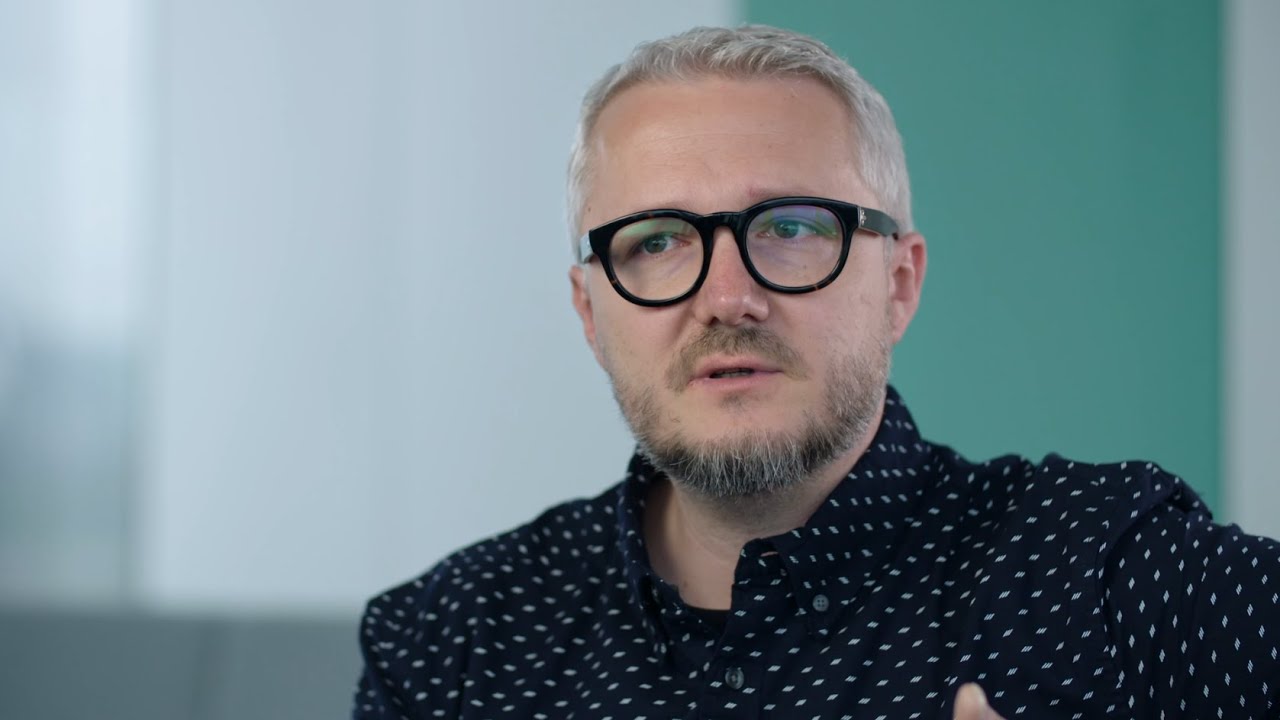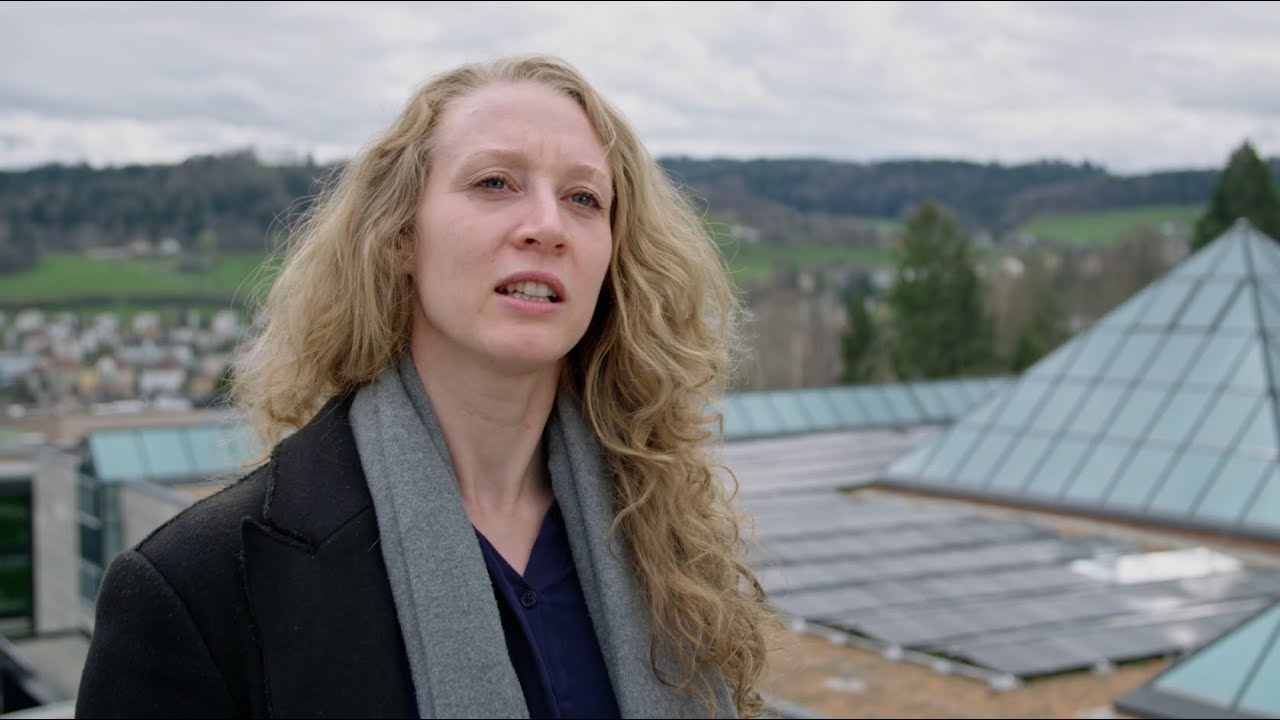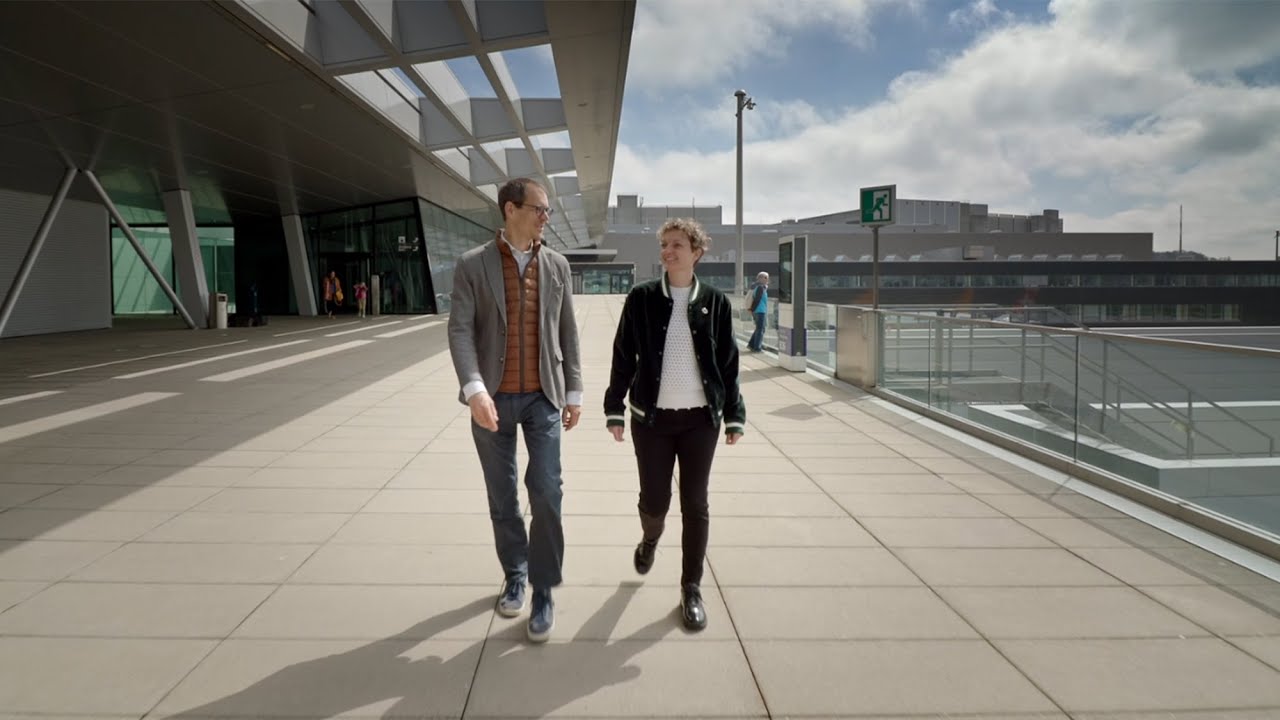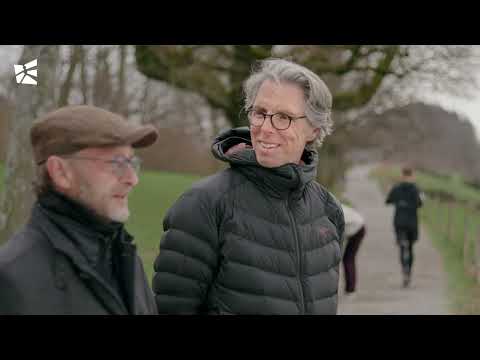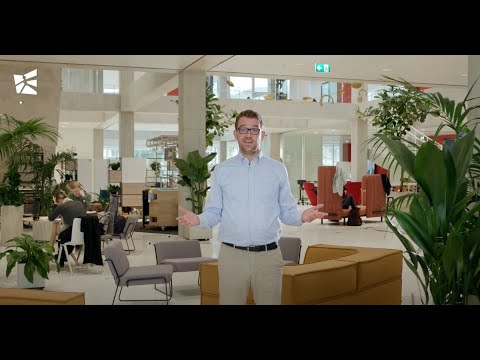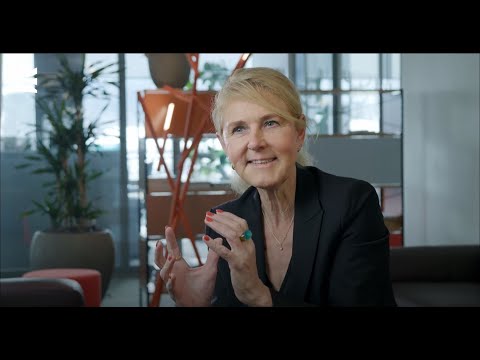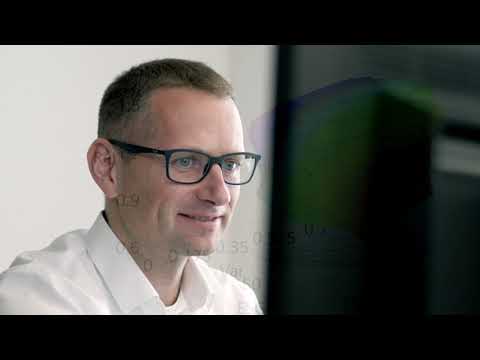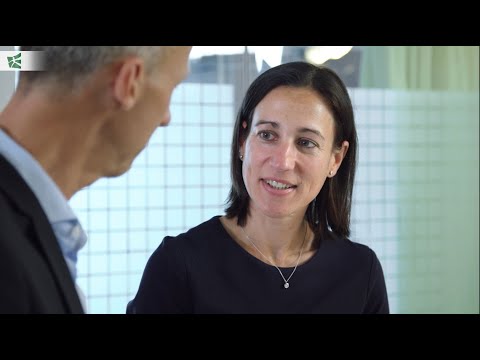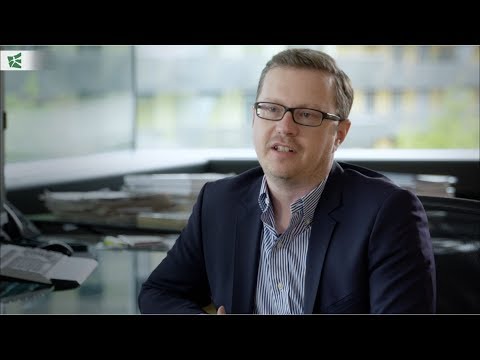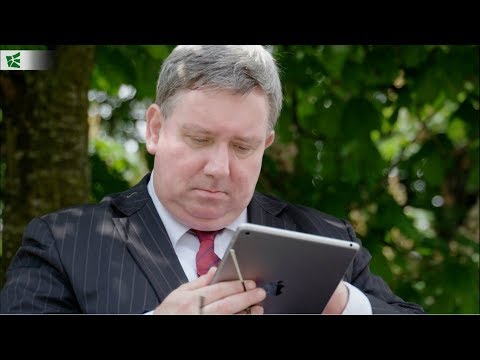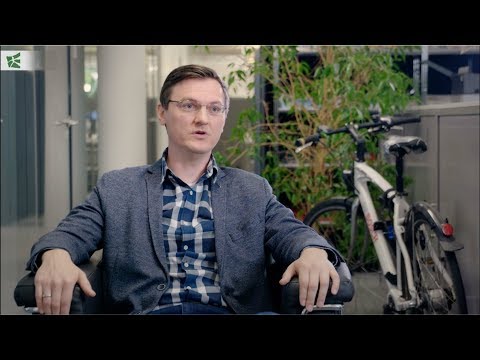Life Design
Life Design is a scientific design approach that originated at Stanford University under the title "Design Your Life". There, the innovation method Design Thinking was applied to the design of one's own future and career for the first time. Prof. Dr. Sebastian Kernbach got to know this approach in 2018 as part of an SNSF fellowship at Stanford and has been steadily developing it ever since. Together with Prof. Dr. Martin Eppler and Prof. Dr. Sabrina Bresciani, he has combined it with insights from positive psychology, behavioral economics, and knowledge visualization. This has resulted in the new approach of "Life Loops", which has been published in various articles and in the book "Life Design".
Since then, this new life design approach has been used at the "Life Design Lab" of the University of St. Gallen, adapted for diverse target groups and organizations, and researched through numerous studies. In the award-winning research project, the impact of the St. Gallen Life Design approach for individuals, organizations, and society was investigated, especially with regard to the development of psychological capital, which is composed of self-efficacy, hope, optimism, and resilience.

